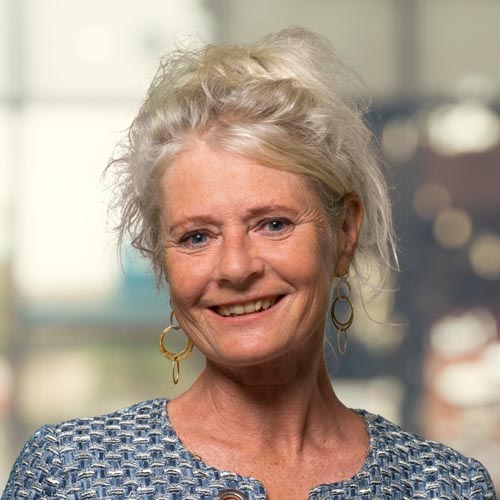Youth health
Children in the Netherlands grow up reasonably healthy. Yet there are things that could be better. Therefore, we are working on methods that contribute to a healthy, safe and promising growing-up and parenting environment for young people.
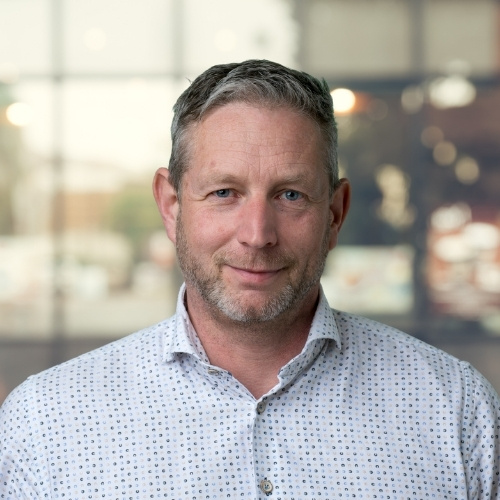
Our latest developments
15 resultaten, getoond 1 t/m 5
Group Care during the first 1000 days makes a difference around the world
Centering-based Group care during the first 1000 days leads to better health outcomes, increased satisfaction among pregnant women and caregivers, and can reduce healthcare costs
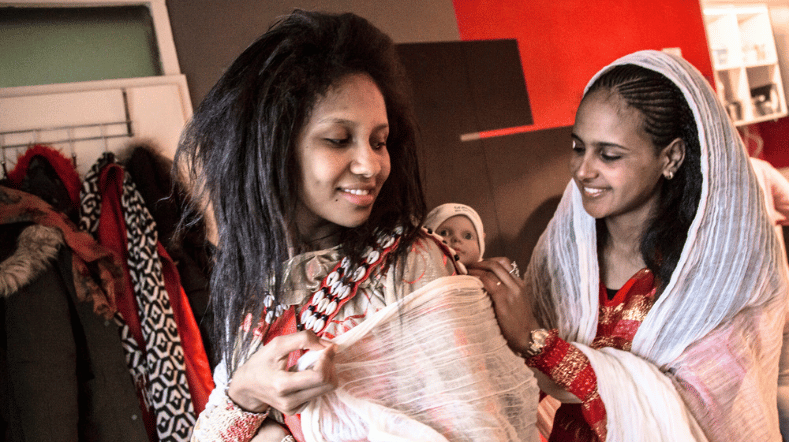

Personalised prevention and health


Eight things to know about the D-score
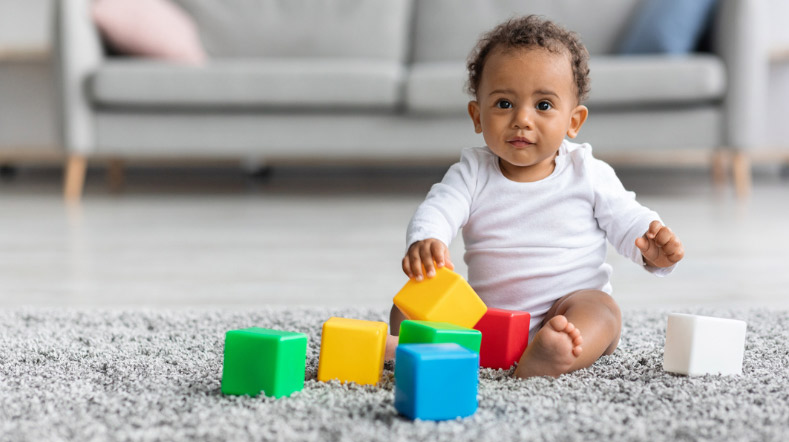

D-score in practice: simplifying the complexity of a childs development
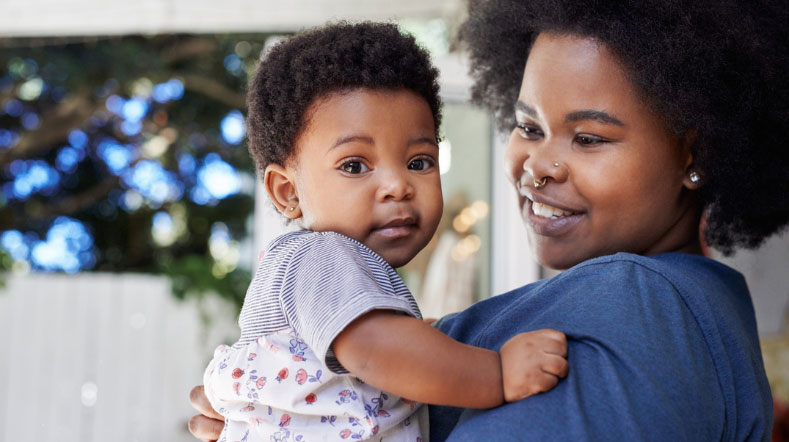

I-JGZ





